By Bimboh Adekoya
The Boys Scouts motto reads: “On my honour I will do my best to do my duty to God and my country.”
This summed up Stephen Okechukwu Keshi. My love for the beautiful game started with my father who had gone to England to study and his passion for football never remained the same again. My earlier memories were watching IICC (Sooting as Baba eleran of blessed memory called it) in Ibadan where we lived. I was hooked right away with the passion of the players and dexterity displayed.
We moved to Lagos in 1980, the year of the Nations Cup and I could remember dad saying that this was the best chance for the Green Eagles to finally end the drought and win the trophy. We had the Mathematical Segun Odegbami, Midfield Maestro Muda Lawal, mesmerizing Adokiye Amesimaka, Felix “Owoblow” Owolabi, Christian “Chairman” Chukwu to mention but a few. The final at the capacity full National Stadium in Surulere was when my love and patriotism for the Green Eagles began. The Eagles were simply awesome and blew away Algerian side 3-0 that had the gifted Rabah Madjer and the deadly Lakhdar Belloumi.
In my 26 years of following the Green Eagles (which later transformed to the Super Eagles) Stephen Okechukwu Keshi stood out for me as an inspirational leader whose love for his beloved Nigeria was never in doubt. He led by example.
Advertisement
Skippo as I fondly called him got into the limelight through the famous academicals tournament – the Lagos State Principal Cup representing St. Finbarr’s. His commanding stature playing as a libero ( the role made famous by the great Bobby More and later by Franz Beckanbeur aka Kaiser) in the early 80’s got him a call to the national team and was tipped to fill the big shoes of the Captain of the Green Eagles “Chairman” Christian Chukwu.
Skippo began his club career at New Nigerian Bank of Benin (NNB) which paraded stars like Bright “10-10” Omokaro, Sunday Eboigbe, Osaro Obabaifo to mention but a few. The young Stephen Keshi showed great leadership qualities at an early age with NNB offering a breath of fresh air challenging the footballing giants of the local league back then of Rangers International of Enugu, IICC Shooting Stars of Ibadan, and Leventis United of Ibadan, Abiola Babes of Abeokuta and Stationary Stores of Lagos.
A row between club versus country which was not handled properly led to his and others suspension from playing football locally and for the Green Eagles.
Advertisement
Keshi in my opinion was a rebel but with a just cause. The footballing authorities in their primitive mind thought they were punishing him little did they know that they were ushering him into his destiny. The clash with the footballing authorities will become a recurring pattern in his career and each time he stood for what he believed in and was often vindicated.
Skippo decided to take his destiny in his own hands and off he went to Ivory Coast where he signed for Stade d ’Abidjan and later moving to Africa Sports where he led them to the double – winning the league and FA Cup title in 1986.
It is said that a city set on a hill cannot be hidden and a light in the midst of darkness will always shine, Keshi’s exemplary leadership skill was obvious to all that within a short period he was elevated as the captain of the club. He decided to move out of Africa and ply his trade in Europe first playing for Lokeren and then the Belgian giants. The offer from Lokeren was too good to turn down and what was meant to frustrate his career became the stepping stone to greater success. He became a household name in the Belgian league and in Europe. Never one to be myopic and selfish, he began helping his fellow countrymen and other African players to Europe to showcase their talent.
While Keshi stock rose, the Green Eagles struggled in Africa not making Nations cup and the World Cup in Mexico in 1986. The football authorities in Nigeria had witnessed a level of success with the junior teams (Golden Eaglet winning in 1985, finalist in 1987, Flying Eagles Under 20 finalist in 1989) they had a rethink and made reconciliatory efforts towards Keshi.
Advertisement
The Maroc 1988 edition of the Nations Cup was another situation that the club versus country scenario reared its head again with Keshi’s Belgian team Anderletch stating they could not release him for the tournament. He was torn between his employers and the love for his motherland, he reached out to then the Green Eagles handler, Manfred Hoener and a compromise was reached. Anderletch had Keshi flown in by a private jet (this was uncommon in the 1980’s for an African player) to and from the tournament. Such was his influence and importance for country and club that he was given such a privilege.
Keshi progressed winning the Belgian cup twice. He represented the club in the European Cup and became a household name in Europe. He moved on to Strasbourg in France where he became the fulcrum of the team. As captain of the National team he was never shy to speak for his colleagues and stand up for what was right. His forthrightness and boldness were strange back then in a culture where those in authority’s words were final. Keshi not one to be easily cowed, stood up for what was right.
His emergence as the Skipper of the national team coincided with young talents such as Samson Siasia, Finidi George, Victor Ikpeba and the rise of a certain “gangling” Rashidi Yekini bursting into the scene. Keshi as the leader had an unfinished business, the footballing loving Nigerians had never qualified for the World Cup. Internal bickering in the team, poor preparations among others cost us qualifying for Espana 1982. Mexico 1986 was a disaster not helped again by the football administrators. The arrival of Dutch man Clemens Westerhof in 1989 as the Manager of Super Eagles kick started a new dawn in our football. The team narrowly lost out to Cameroun in Yaoundé missing out on Italia 1990.
Westerhof having studied the Nigerian terrain and with a political backing decided to rebuild the national team. Keshi’s influence and leadership quality was sought upon by Westerhof who decided to get the Big Boss on his team to plot Nigeria’s way to qualify for the World Cup.
Advertisement
Keshi became the link between the players and Westerhof. Such was his influence that it was said that the Dutch consulted with the Big Boss on team selection and team tactics. Keshi’s dream for the green white green flag of Nigeria to be hoisted on the world stage remained strong. He was once quoted; “I will literally die to make Nigeria qualify for the World Cup in USA. We got the talent to be the best in Africa and showcase it on the World Stage.”
The Super Eagles led by Keshi had done well in the qualifying stage and needed a draw in Algeria to book a final ticket for the World Cup. Keshi was in the twilight of his career. Thanks to Westerhof who had built a team that had the experience of Keshi, Yekini, Siasia, Eguavoen, Rufai and a blend of upcoming stars like the talented Jay Jay Okocha, the “pass master” Sunday Oliseh, George Finidi and Daniel “The Bull” Amokachi. He was optimistic that a result will be gotten in Algeria. There was so much optimism in the land that the leading Football magazine Complete Football had on its front page “90 minutes to Glory.”
Advertisement
Nigeria earned a 1-1 draw in Algeria and qualified for the World Cup for the first time. Keshi cried like a baby and could not hold back his emotions. He finally led his country to the World Cup in USA. A dream was fulfilled. The streets of Nigeria erupted in jubilation. The best was yet to come though.
Kesha’s crowning moment as a player was in the year 1994. He led the Super Eagles to win the Nations Cup in Tunisia. Eguavoen captained the team in the final but called on the Big Boss to receive the trophy. It was a special moment for the one who replaced Christian Chukwu in the National team to lift the trophy 24 years after.
Advertisement
Although he was not 100% fit going into the World Cup in USA in 1994 and a section of the press was asking for him to be dropped, Westerhof will hear none of that and considering Keshi’s influence, loyalty and sacrifice over the years decided to take him to the World Cup. He played the final group match against Greece in Boston, USA which Nigeria won 2-0 and qualified for the second round of the World Cup. The Super Eagles were adjudged the most entertaining team at the World Cup and ranked the fifth best nation in the World. It was a befitting way to end his playing career.
Managerial Years
Advertisement
Keshi formed part of the back room staff of Amodu Shaibu which also had Joe Erico. This was his first stint in the National team. The trio qualified Nigeria for Japan/South Korea in 2002 but the maladministration of our Football reared its head again and the trio was relieved of their duties after winning a bronze in the African Cup of Nations in Mali 2002.
Keshi once again decided to take his destiny in his own hands and applied for the National team manager of Togo. To some it was suicidal but not Keshi. He got into Lome and started building the Togolese national team. He did the unthinkable by qualifying the small country of Togo (not considered as a footballing power house in Africa) for the World Cup in 2006. The Prophet who was not honoured at home had proven the critics wrong again.
Due to some internal squabbles with a key player and the Togolese federation his dream of taking a side to the world cup was merely delayed but not denied.
Keshi had a brief stint with Mali as their national team manager and was finally appointed the team Manager of the Super Eagles joining Christian Chukwu as the only two, who both captained and became Managers of the National team.
Keshi despite the frustration again by the Football Federation qualified Nigeria for the Nations Cup bringing up players from the local league and blending with the professionals plying their trade abroad.
The Big Boss kept his focus on the task in South Africa to do well at the Nations Cup in 2013 despite intrigues and stories going round that the Nigerian Football body had perfected plans to get a foreign manager. Against all odds, Stephen Keshi tutored side did the unthinkable by winning the Nations Cup defeating on their way the star studded Ivorian team that had Drogba and Toure brothers. The stone which the builder rejected had become the corner stone.
Keshi went on to lead Nigeria to the World Cup in Brazil in 2014 and got the team to the second round of the World Cup equaling Westerhof’ s record. After Nigeria got knocked out in Brasilia, it was obvious that the big boss was tired of the shenanigans of the Nigerian Football Federation. Only someone who loved his country dearly would have worked under dire conditions.
The great football Manager Sir Alex Ferguson once said, “The Skipper of any ship incapable of controlling its course, or altering its speed, is not going to arrive safely in port.” Keshi understood this well both as a player and manager and lived by it. This was probably the reason why football authorities never got along with him well. To my mind he remains the greatest Nigerian National Team Captain and Manager.
Adieu Skippo. Big Boss you came, you saw and conquered! Thanks for the awesome memories.
Adekoya, an ardent football lover, writes from Lagos
2 comments
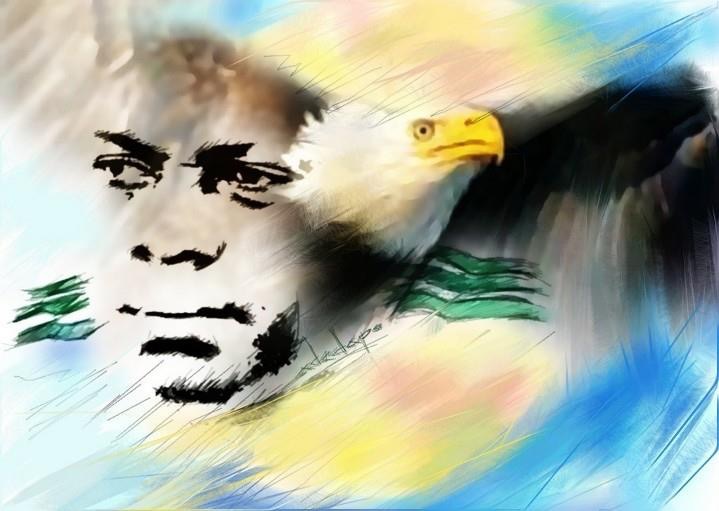
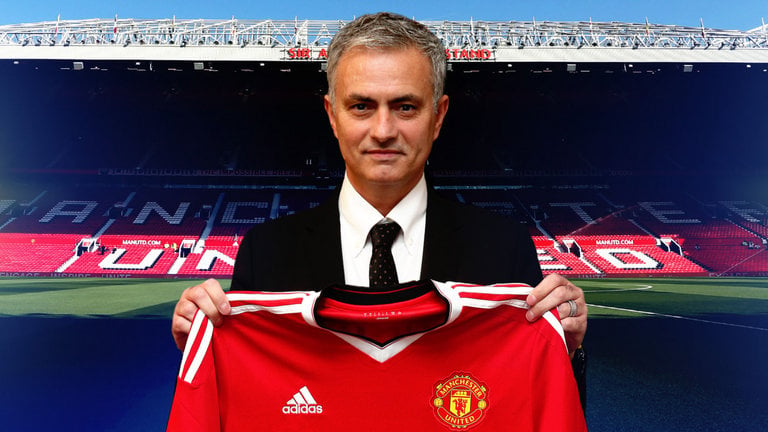
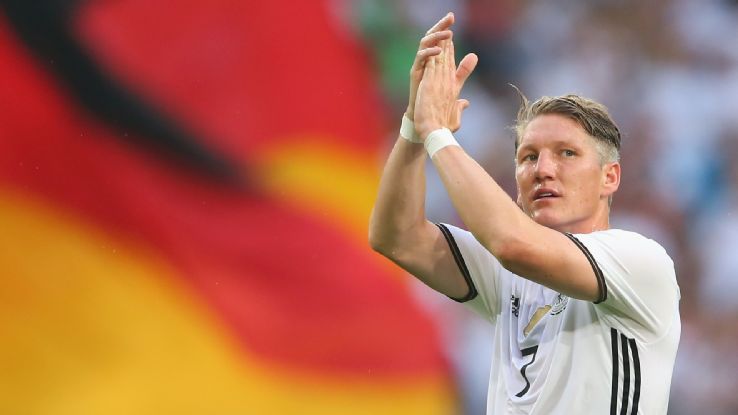
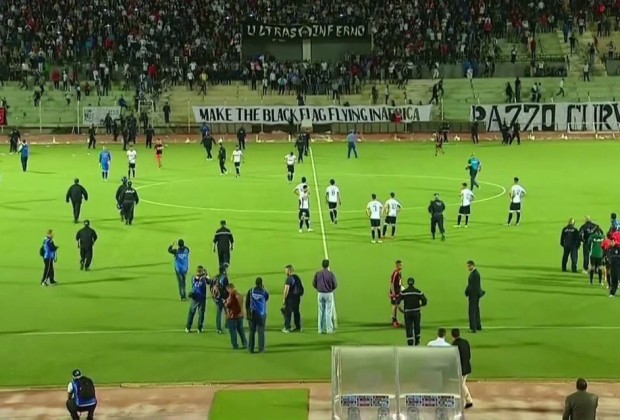
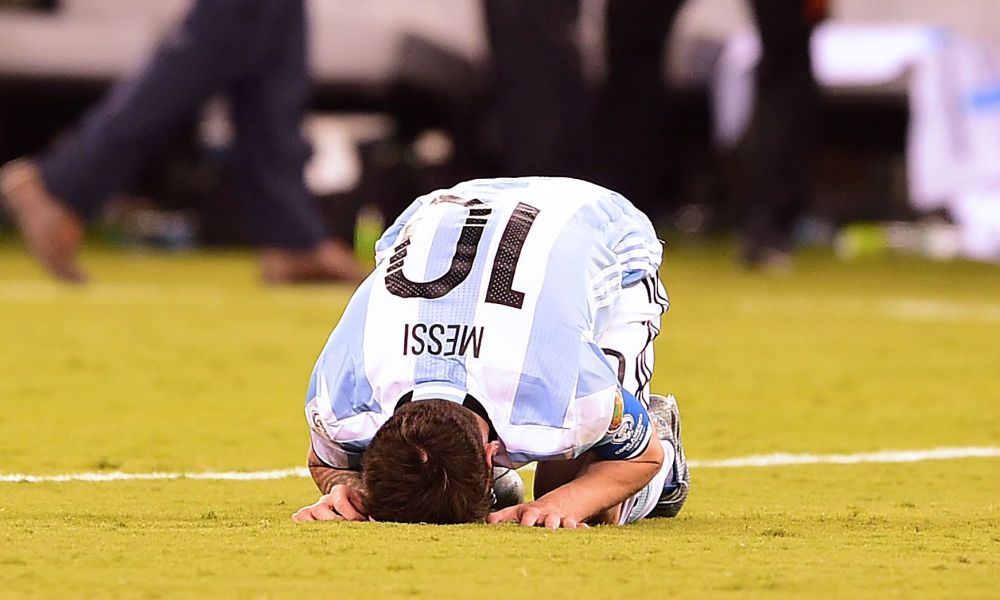
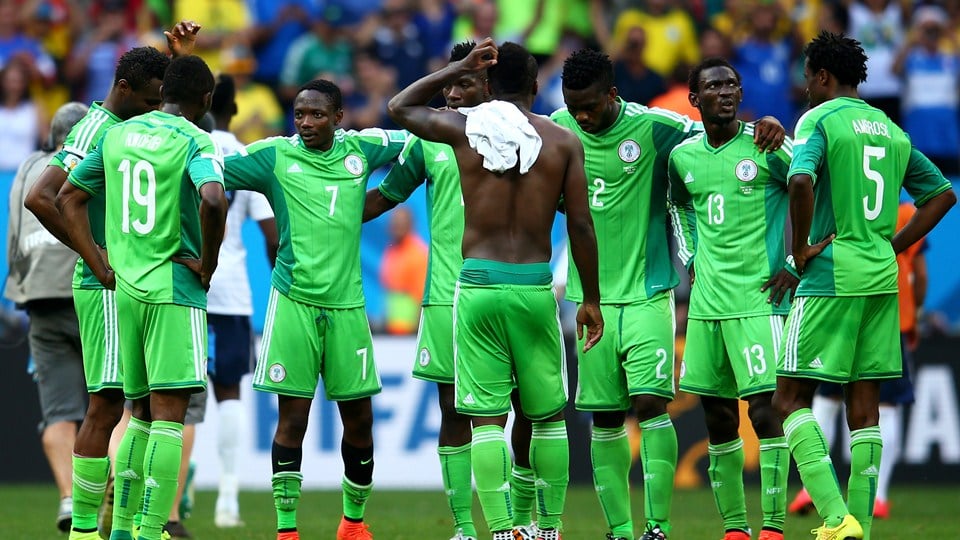
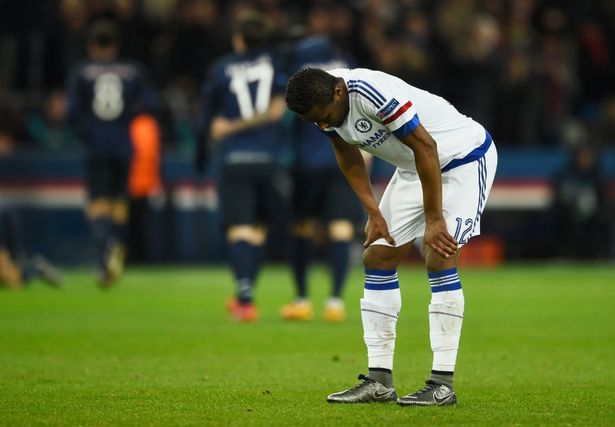
How I wished Keshi had been show sufficient appreciation while he lived. With proper administration, he and our other gaffers would have been equipped to achieve more.
He would be missed.
The Big Boss has done his part.,we will miss him.